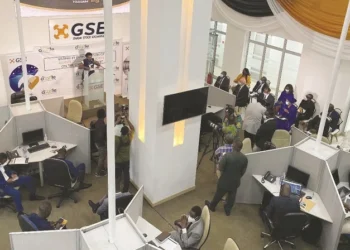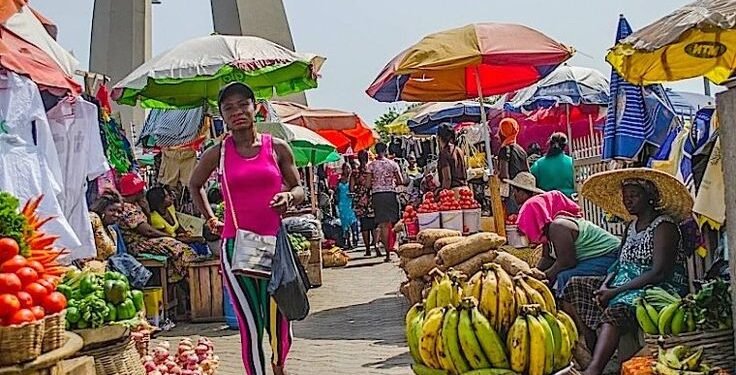Dr. Stephen Amoah, a Member of Parliament (MP) for Nhyiaeso constituency and a ranking member of finance committee in parliament, has stated that successive governments, especially under the Fourth Republic, have failed to find solutions to stabilise the cedi.
According to the MP for Nhyiaeso, the continuous depreciation of the cedi under Ghana governments, past and present, shows that the country lacks a long-term plan to tackle the problem.
“The fact of the matter is that all successive governments including my government, in my opinion, which I could be wrong, have not adopted a long-term approach and technique needed to solving this ritual problem of our currency.”
Dr. Stephen Amoah
The MP noted that instead of tackling the problem from the root, both the New Patriotic Party (NPP) and the National Democratic Congress (NDC) resort to using the situation to their advantage when running for elections. He added that once the foundation of the cedi is not strong, the short term solution is not enough.
“So, the currency situation in Ghana is like a child with sickle cell. Once there is a small shock, even dust, there is a crisis. But unfortunately, both recent fraternities, NDC and NPP, have been using it for politics.”
Dr. Stephen Amoah
The ranking member of the finance committee, moreover, bemoaned the practice of the government importing everything into the country. The practice, he noted, is heavily contributing to the depreciation of the currency. “Other than that, [we are] a country where almost everything that we use is imported.”
“So, how can anybody say that he can solve currency problems in the country in the very jurisdiction [where] we are demanding everything from outside?”
Dr. Stephen Amoah
National Strategic Framework Needed
The Member of Parliament suggested that there is the need for a national strategic framework to deal with the issue of currency depreciation. He recognized the need for a long term approach to solving the situation.
“If we don’t change our way of solving currency issues in Ghana, we should forget [it]. Any time there’s a shock, we have a problem. We need to design and develop a long-term approach so that common items that can be produced in Ghana are given the needed resources to do so.”
Dr. Stephen Amoah
Dr. Amoah asserted that for a long time now, the authorities in the country have not been able to position themselves to strengthen the cedi and make it competitive against foreign currency, because of the same liquidity and risk factors.
“We have failed [to stabilise the cedi] because we have not been able to come out with a long-term strategic framework and execute [it] successfully, and all governments have failed.”
Dr. Stephen Amoah
The depreciation of the cedi against the US dollar is a major concern for Ghanaian consumers. Many experts have called for the halt in the dollarization of everything in the country, while others are calling for the reviving of the local industries to boost local production.
In the intervening time, on the interbank market, as at June 14, 2022, the cedi was trading at GHS7.1964 to 1 dollar. Moreover, it was sold at GHS7.2036 per 1 dollar.
However, the situation was totally different in the retail forex market, the cedi was bought at GHS7.96 per a dollar. Meanwhile, it was sold at the rate of GHS8.15 per the dollar.
READ ALSO: GRCS to Begin ‘Ghana Tree Planting and Care Project’ to Mitigate Climate Change























